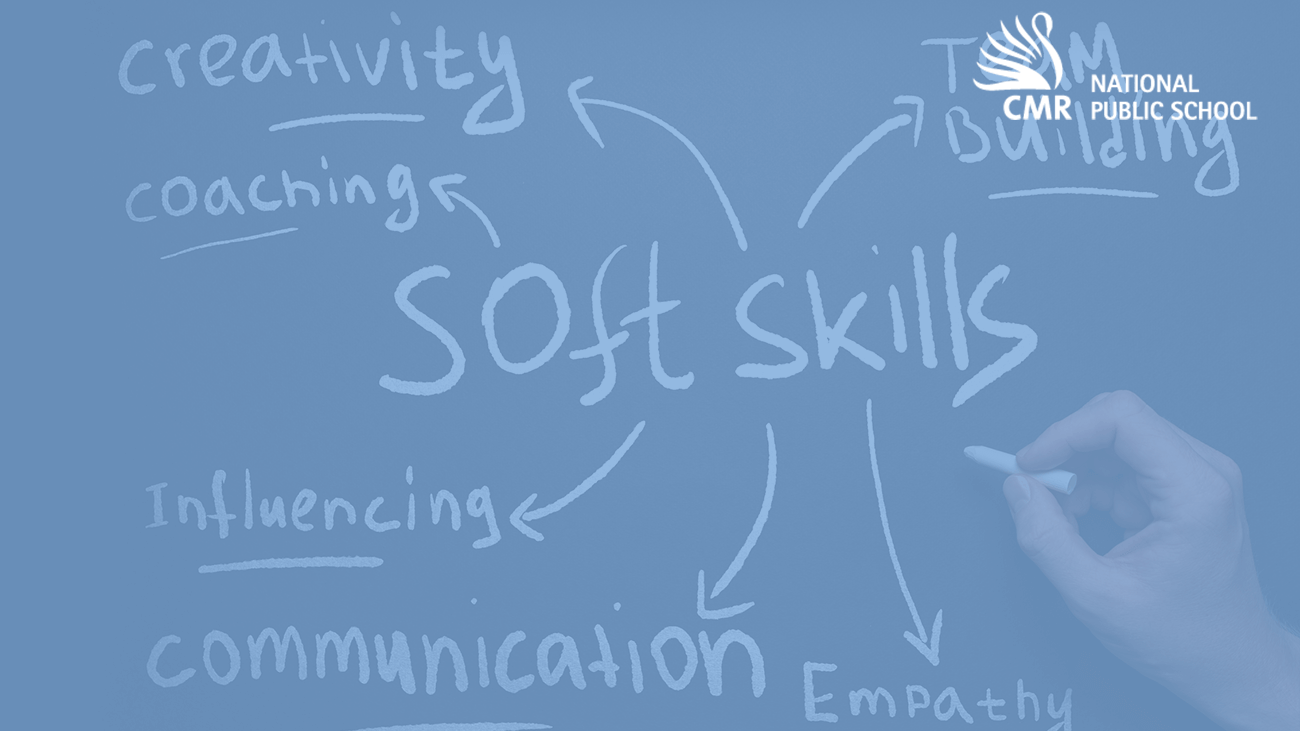In the world we live today, sometimes we don’t give ourselves enough self-love and time. We tend to look past the ways we deserve to be treated by people.
What is Mental Health?
Mental Health refers to cognitive, behavioral, and emotional well-being. It is all about how people think, feel, and behave. People sometimes use the term “Mental Health ” to mean the absence of a mental disorder. Mental Health can affect daily living, relationships, and physical health.

However, this link also works in the other direction. Factors in people’s lives, interpersonal connections, and physical factors can all contribute to Mental Health disruptions.
Looking after Mental Health can preserve a person’s ability to enjoy life. Doing this involves reaching a balance between life activities, responsibilities, and efforts to achieve psychological resilience. Conditions such as stress, depression, and anxiety can all affect Mental Health and disrupt a person’s routine.
Although the term Mental Health is in common use, many conditions that doctors recognize as psychological disorders have physical roots.
What WHO (World Health Organization) has to say?
Mental Health is a state of well-being in which an individual realizes his or her own abilities, can cope with the normal stresses of life, can work productively, and is able to make a contribution to his or her community.” The WHO stresses that Mental Health is “more than just the absence of mental disorders or disabilities.” Peak Mental Health is about not only avoiding active conditions but also looking after ongoing wellness and happiness. They also emphasize that preserving and restoring Mental Health is crucial on an individual basis, as well as throughout different communities and societies the world over.
The National Alliance on Mental Illness estimates that almost 1 in 5 adults experience Mental Health problems each year.

Risk factors for Mental Health conditions
Everyone has some risk of developing a Mental Health disorder, no matter their age, sex, income, or ethnicity. Social and financial circumstances, biological factors, and lifestyle choices can all shape a person’s Mental Health.
A large proportion of people with a Mental Health disorder have more than one condition at a time. It is important to note that good Mental Health depends on a delicate balance of factors and that several elements of life and the world at large can work together to contribute to disorders.
Common Mental Health disorders
The study lists gender as both a modifiable and nonmodifiable factor. The researchers found that being female increased the risk of low Mental Health status by 3.96 times.
People with a “weak economic status” also scored highest for Mental Health conditions in this study.
Anxiety disorders – Anxiety disorders are the most common type of mental illness. People with these conditions have severe fear or anxiety, which relates to certain objects or situations. Most people with an anxiety disorder will try to avoid exposure to whatever triggers their anxiety. People might also experience physical symptoms like restlessness, fatigue, tense muscles, interrupted sleep
Mood disorders– People with these conditions have significant changes in mood, generally involving either mania, which is a period of high energy and elation, or depression. Examples of mood disorders include Major Depression, Bipolar disorder, Seasonal affective disorder.
Schizophrenia disorders – Signs of schizophrenia typically develop between the ages of 16 and 30 years, according to the NIMH. The individual will have thoughts that appear fragmented, and they may also find it hard to process information. Schizophrenia has negative and positive symptoms. Positive symptoms include delusions, thought disorders, and hallucinations. Negative symptoms include withdrawal, lack of motivation, and a flat or inappropriate mood.
Early signs

There is no physical test or scan that reliably indicates whether a person has developed a mental illness. However, people should look out for the following as possible signs of a Mental Health disorder
- Withdrawing from friends, family, and colleagues
- Avoiding activities that they would normally enjoy
- Sleeping too much or too little
- Eating too much or too little
- Feeling hopeless
- Having consistently low energy
- Using mood-altering substances, including alcohol and nicotine, frequently
- Displaying negative emotions
- Being confused
- Being unable to complete daily tasks, like getting to work or cooking a meal
- Having persistent thoughts or memories that reappear regularly
- Thinking of causing physical harm to themselves or others
- Hearing voices
- Experiencing delusions
Treatment

There are various methods for managing Mental Health problems. Treatment is highly individual, and what works for one person may not work for another. Some strategies or treatments are more successful in combination with others. A person living with a chronic mental disorder may choose different options at various stages in their life. The individual needs to work closely with a doctor who can help them identify their needs and provide them with suitable treatment.
Treatments can include:
- Psychotherapy, or talking therapies
- Medication
- Self-help
- Suicide prevention
Conclusion:
Mental health is a normal, but highly subjective, human emotion. While normal, it serves a beneficial and adaptive purpose, but it can also become the cause of tremendous suffering for millions of people. The treatment for mental health disorders is based on a solid scientific foundation, grounded in research by experts from diverse fields. The research has investigated these biological, social, and psychological factors that contribute to mental health disorders. As a result, thousands of courageous individuals have reclaimed their health, restored their functioning, and now enjoy richly rewarding and satisfying lives. The future remains optimistic for those who struggle with it.
I am confident that advancements in the treatment of mental health disorders will continue to bring hope and relief to the people, and families, affected by these disorders.
“ If we start being honest about our pain, our anger, and our shortcomings instead of pretending they don’t exist, then maybe we’ll leave the world a better place than we found it.” – Russell Wilson
By, Sonia Rajkumar, Grade X C


